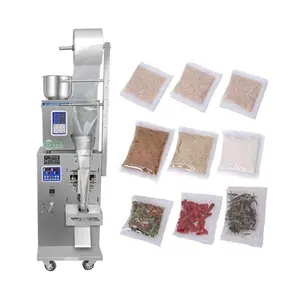Popular in your industry












































































































































































































Top categories
About gsk 3
The glycogen synthase kinase 3, abbreviated as GSK 3, is a protein kinase that plays a crucial role in various cellular processes. In humans, there are two isoforms of this kinase, known as GSK3A and GSK3B, which are encoded by distinct genes. The GSK3B protein is a member of the GSK3 family of serine/threonine kinases, with the B variant being the most studied and well-understood. GSK3B is involved in the regulation of diverse cellular functions, including glycogen metabolism, gene expression, cell division, and apoptosis. Dysregulation of GSK3B has been implicated in several diseases, making it a potential target for therapeutic intervention.
Features of GSK3B
One of the key characteristics of the GSK3B protein is its constitutive activity, meaning that it is active in cells under normal conditions. This feature allows GSK3B to continuously phosphorylate its substrates, thereby exerting regulatory effects on various cellular processes. Additionally, GSK3B is known for its broad substrate specificity, phosphorylating a wide range of proteins involved in different signaling pathways. This versatility underscores the kinase's central role in the intricate network of cellular regulation. Furthermore, GSK3B is subject to tight regulation through phosphorylation and inhibition by various upstream signaling pathways, allowing for precise control of its activity in response to different extracellular signals.
Advantages of the GSK3B protein
The constitutive activity of the GSK3B protein is a double-edged sword. While it allows for continuous regulation of cellular processes, it also poses challenges in terms of specificity and potential off-target effects. Therefore, the development of specific inhibitors targeting GSK3B has become an active area of research. A selective GSK3 inhibitor holds promise for therapeutic applications in various diseases, including neurodegenerative disorders, cancer, and diabetes.
Use scenarios of GSK3B
The involvement of GSK3B in diverse cellular processes underscores its significance in both normal physiology and disease pathology. In the context of Alzheimer's disease, GSK3B has been implicated in the hyperphosphorylation of tau protein, a hallmark of the disease. Therefore, selective inhibitors of GSK3B, such as the GSK3B inhibitor SB415286, have been explored for their potential in mitigating tau pathology and associated cognitive deficits.
In the field of oncology, GSK3B has emerged as a potential target due to its involvement in regulating cell proliferation and survival pathways. Preclinical studies have shown that GSK3B inhibitors can inhibit the growth of cancer cells and sensitize them to conventional chemotherapeutic agents. However, further research is needed to elucidate the therapeutic potential and optimize the use of GSK3B inhibitors in the clinical setting.




















































